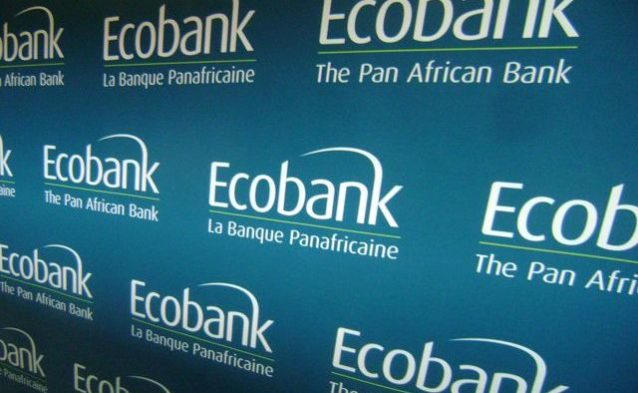New forex policy to bring short-term pain, says Ecobank

With the commencement of trading under the new foreign exchange guidelines on Monday, the Group Chief Executive Officer, Ecobank Transnational Incorporated, Mr. Ade Ayeyemi, has said there will be short-term pain and a need for adjustments.
Ayeyemi, who stated this in an exclusive interview with Punchng, commended the decision by the Central Bank of Nigeria to liberalise the forex market.
The CBN had last week said based on the new guidelines, the value of the naira against other currencies would be market-driven, putting an end to its peg of N197-N199 to the United States dollar.
Ayeyemi said, “The crisis we have in the economy was very concerning. The response that has happened now by the central bank and the government to completely liberalise the forex sector is very good.
“While we know that there will be short-term pain as a result of those changes, we think in the longer term, it allows liquidity to come back to the economy in terms of foreign currency liquidity. It allows appropriate pricing of goods and services. It removes rent-seeking activities. It allows the economy to grow.”
The ETI Group CEO noted that before the introduction of the forex guidelines, major airlines had started saying they were cancelling their flights to Nigeria.
He said, “We have been kicked out of major indices. Our stock market has gone down to about N9tn. Those are material things. We align with the move that has been made recently with the forex regime. We know that it is going to be volatile in the short run, but it is something that we have to go through, and I encourage the government and Nigerians to stay the course.
“The banking sector will adjust, we believe. The rest of the economy will need to adjust. But we think ultimately, it is a very good move for the country.”
Ayeyemi said the naira may come under pressure in the coming days amid accumulated backlog of forex demand.
“In the short term, whoever wants to supply the (interbank) market will say, ‘Let’s wait and see whether they are going to stay the course; whether there is going to be liquidity in that market.’
“What happens in the short term is that the rate may over-shoot to N300 or higher. But as those demands get met, then suppliers will come into the economy. And as those suppliers come, then the rate will now stabilise.”
Meanwhile, the ETI, which released its financial results for the full year 2015 and first quarter of 2016 at its 28th Annual General Meeting on Friday in Togo, has declared a dividend of $48.2m for the financial year-end 2015, translating to $0.2 per ordinary share.
This is coming after two years of no declaration of dividend by the pan-African banking institution.
At the meeting, the shareholders approved the company’s accounts for the 2015 financial year and the appropriation of its profits, which amounted to $60.8m, up from $5.8m in 2014.
The meeting also approved the re-appointment of joint auditors, Deloitte Nigeria and Grant Thornton, Côte d’Ivoire, for a term of a one-year term.
At a separate extraordinary meeting, a resolution was passed authorising that the nominal value of the ordinary shares of the company be increased from $2.5 per share to $50 per share.
It was resolved that this would be done by consolidating every 20 ordinary shares held into one new ordinary share each, and issuing in replacement, new ordinary shares of $50 each.
The Group Chairman, Ecobank, Mr. Emmanuel Ikazoboh, said the financial results for 2015 were poor and clearly not representative of the earnings potential of the company’s diversified pan-African business model.
He said, “The major reason behind these less-than-satisfactory results was the high level of impairments on loans and financial assets made in 2015, totalling $532m, almost double 2014’s level. This was the resulting a comprehensive review of our asset portfolio and processes.
“Despite a gloomy economy outlook for Middle Africa in 2016, we are confident in the strategy being implemented by management. With the board’s continued support and oversight responsibilities, which we take seriously, we believe we stand in good stead to rise above the challenges.”









0 Comments